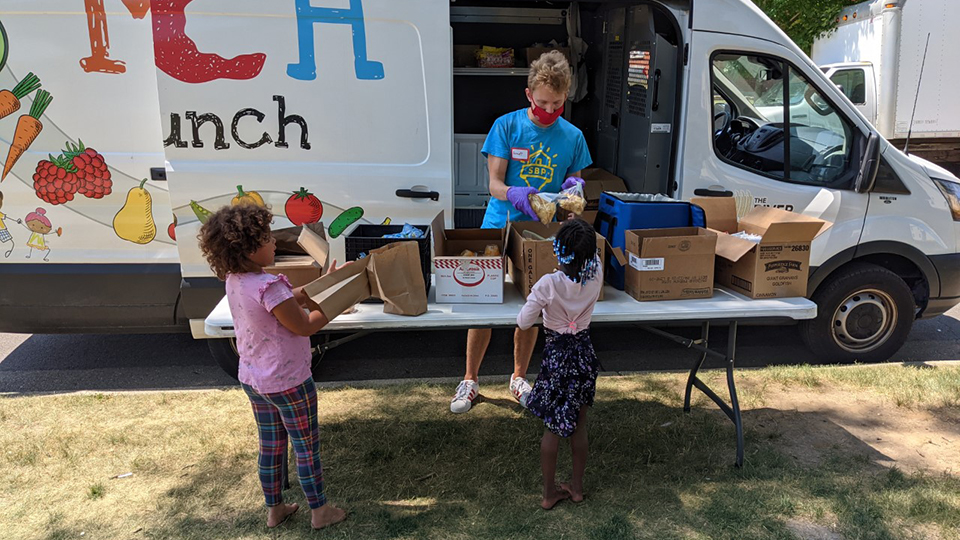Wisconsin’s Summer EBT Program: A Beacon of Hope for Hungry Families

Summer EBT: Wisconsin Families to Receive Aid Against Food Insecurity. (PHOTO: PBS Wisconsin)
Summer EBT Program Aims to Alleviate Child Hunger During School Breaks
According to Spectrum News 1, as the school year ends, concerns about child hunger rise, especially for families who rely on school meals. Sherrie Tussler, CEO of Hunger Task Force highlights the peak of hunger in August when children lose access to school-provided meals. Wisconsin pioneers a solution with the Summer EBT (Electronic Benefit Transfer) program providing eligible families with $120 on debit cards for grocery purchases. Modeled after pandemic relief efforts, this initiative aims to empower families to provide nutritious meals during summer breaks. Governor Tony Evers lauds the program, emphasizing its significance for children’s overall well-being. Experts echo the sentiment citing benefits beyond nutrition, including mental health and obesity prevention. With an estimated cost of over $48 million, the Summer EBT program not only addresses child hunger but also stimulates local economies ensuring food security for vulnerable families.
READ ALSO: $85 Food Tax Refunds Await Aspen Residents: Act Fast As Deadline Nears For Claiming Relief!
Wisconsin Leads Efforts to Combat Child Hunger with Summer EBT Program
Recognizing the persistent challenge of child hunger during summer breaks Wisconsin takes proactive steps with the Summer EBT (Electronic Benefit Transfer) program. Backed by Governor Tony Evers and nutrition experts like Briana Rockler, this initiative provides $120 on debit cards to eligible families enabling them to purchase groceries during the summer. With 11% of children in Wisconsin facing food insecurity, the program targets those most in need. Additionally, it aligns with existing food assistance programs, ensuring seamless support for eligible families. Beyond alleviating hunger, the Summer EBT program invigorates local economies by sustaining food-related industries. As Wisconsin pioneers this solution, it sets a precedent for other states to prioritize food security for vulnerable children during school breaks.

















































